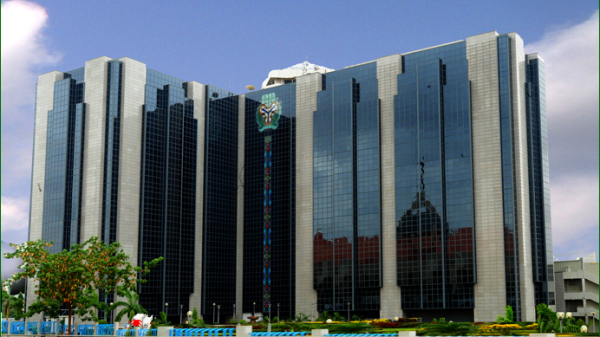TECHNOCRAT MEDIA NIGERIA
A non-governmental organisation, The Public and Private Development Centre (PPDC) has revealed that abuse of public procurement laws was responsible for Nigeria’s Infrastructural deficit.
Mrs Nkem Ilo who is the Chief Executive Officer of PPDC, stated this at a roundtable on Thursday, in Abuja, that discussed “Accountability mechanisms in Nigeria” and launched a scoping study in Anambra, Akwa Ibom, Ekiti and Kaduna States.
Ilo, who was represented by Gift Maxwell, the centre’s Chief Operating Officer (COO), said that in 2016 the centre successfully advocated and piloted the Open Contracting Data Standards (OCDS) in Nigeria through their compliant platform called Budeshi.
She explained that Budeshi assigns a unique identifier for contracts and ensures that contracts can be tracked from the project conception stage through to project delivery.
“A disruption in this process, through fraudulent or corrupt practices, mismanagement of funds, inefficient application of public procurement laws would, therefore, lead to an infrastructural deficit.
“In the last five years, we have gone ahead to support seven states across Nigeria including, Anambra, Akwa Ibom, Ekiti, and Kaduna states, in developing and deploying their open contracting portals.
“This is to ensure transparency and accountability in public procurement processes in Nigeria, increase citizen participation in governance, improve service delivery and ultimately ensure value for money.
“Public procurement is the most significant way through which the government provides basic social and welfare service, ” she said.
Ilo said that such services were necessary to accomplish the government’s missions in a timely, prudent, and efficient manner and in many ways, constitute the lifeblood of most government programmes and services.
“In the same vein, public procurement is executed with taxpayer’s money, therefore, governments are expected to carry it out efficiently and effectively, with high standards of conduct in order to ensure high quality of service delivery,” she said.
She added that it would also safeguard the public interest, as citizens at all times should have unrestricted access to public information, particularly public finance expenditure information.
Ilo noted that as part of the center’s continuous effort to improve public procurement practices in Nigeria, it had carried out research on mechanisms for fiscal transparency and accountability in parts of the country.
“Between August and September 2021, PPDC, with support from the MacArthur Foundation, carried out research and a scoping study on fiscal transparency and accountability mechanisms in Anambra, Akwa Ibom, Ekiti, and Kaduna.
“The study assessed the current levels of transparency and accountability in governance processes in the states.
“The aim is to identify key challenges inhibiting the effective implementation of fiscal reforms and the Open Contracting Data Standards (OCDS), and design strategies for effective engagement, and sustainable implementation,” she said.
She added that findings from the research had provided a unique opportunity, as well as identified areas of support for the states in improving their public procurement processes.
“In the same vein meeting indicators required for the World Bank’s State Fiscal Transparency and Accountability (SFTAS) projects, their Open Government Partnership (OGP) commitments, and other fiscal accountability milestones it aims to achieve.
“However, to achieve this, we must not only have good intentions; we must also act intentionally. I would like to close by challenging everyone in this room to act intentionally by being the change we want to see in Nigeria. Let’s open it to fix it,” she said.
Speaking on the report, the Director-General, Kaduna State Public Procurement Authority, Engr. Sanusi Yero said the state Governor, Malam Nasir El-Rufai does not interfere in procurement processes, adding that the state’s policy on procurement allows the best in projects execution.
The manager, Open Contracting Partnership (OCP), Mrs Andidiong Oko, said the government was the biggest spender in the states, as such people must pay attention to the government budget and the projects they execute.
She said the state who received an allocation from the Federal Government and generates revenue internally need to be transparent and the citizens must participate in procurement from the planning stage.
Also, Executive Director, Creative Minds Centre for Youth and Community Development, Mrs Ugochi Freeman, said even though citizens in Anambra state participate in procurement processes, Civil Society Organisations need to be encouraged to be part of the process.
The representative of the Director-General, Ekiti state Bureau of Public Procurement, Mr Alabi Sunday, said the state had saved over N20 billion on contracting, while the government was doing well on physical transparency.
NAN reports that PPDC is a citizen sector organisation that seeks to promote increased citizen participation in governance to support improved integrity in public sector governance.
NAN
